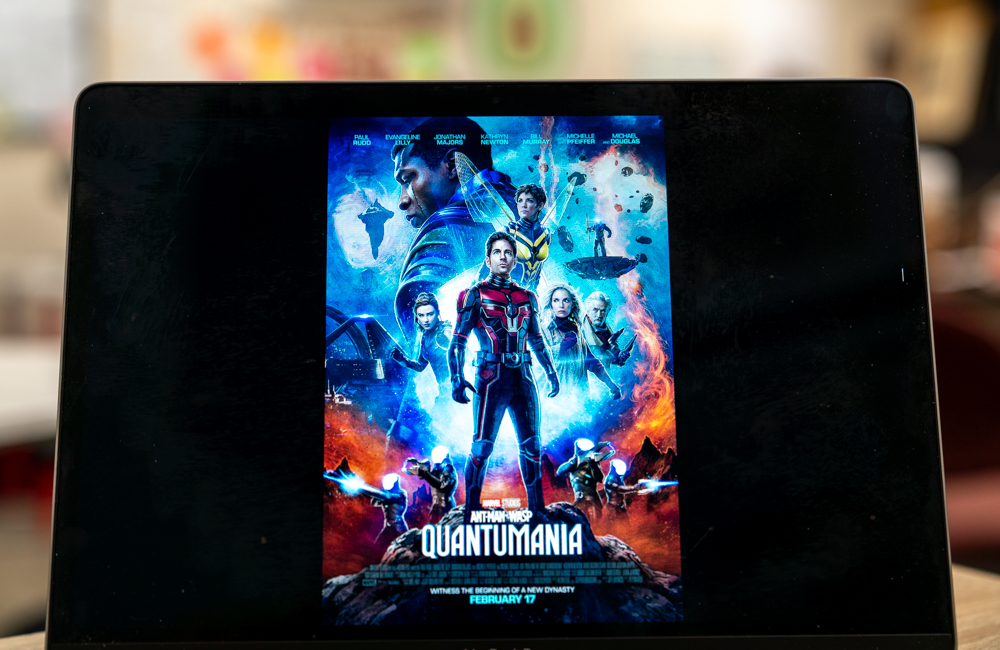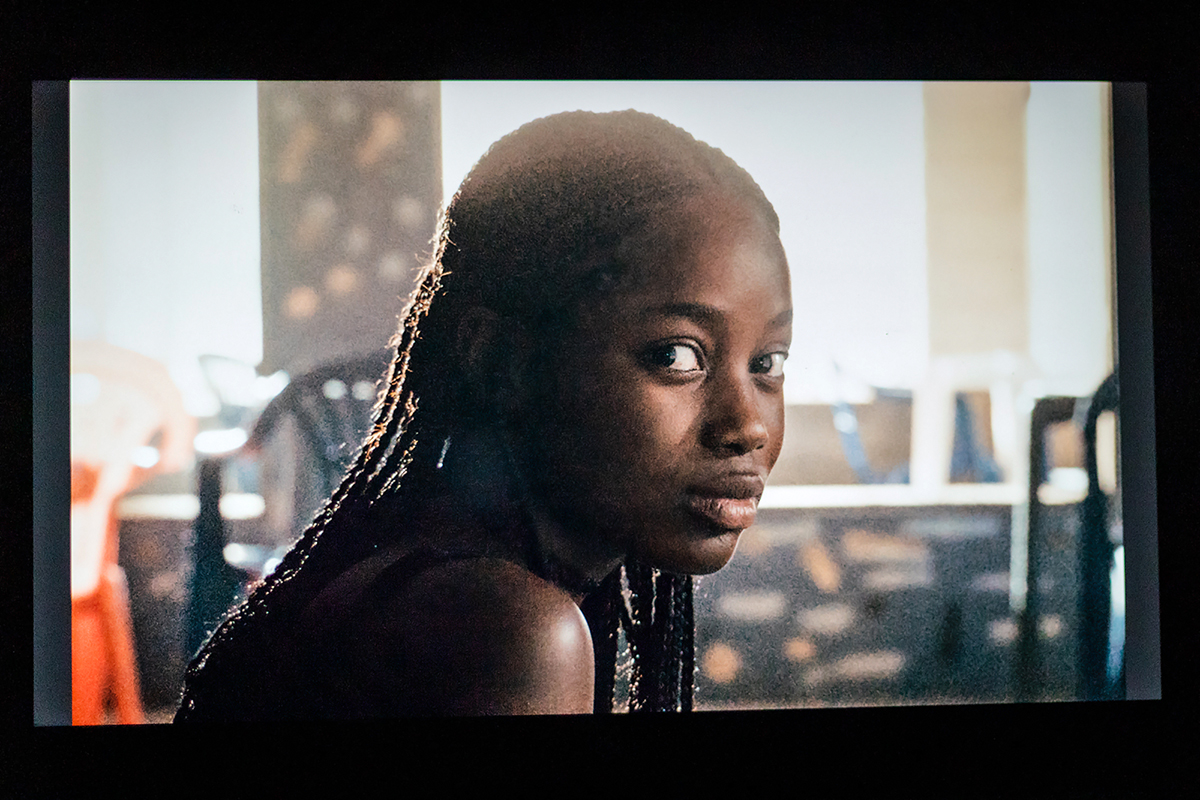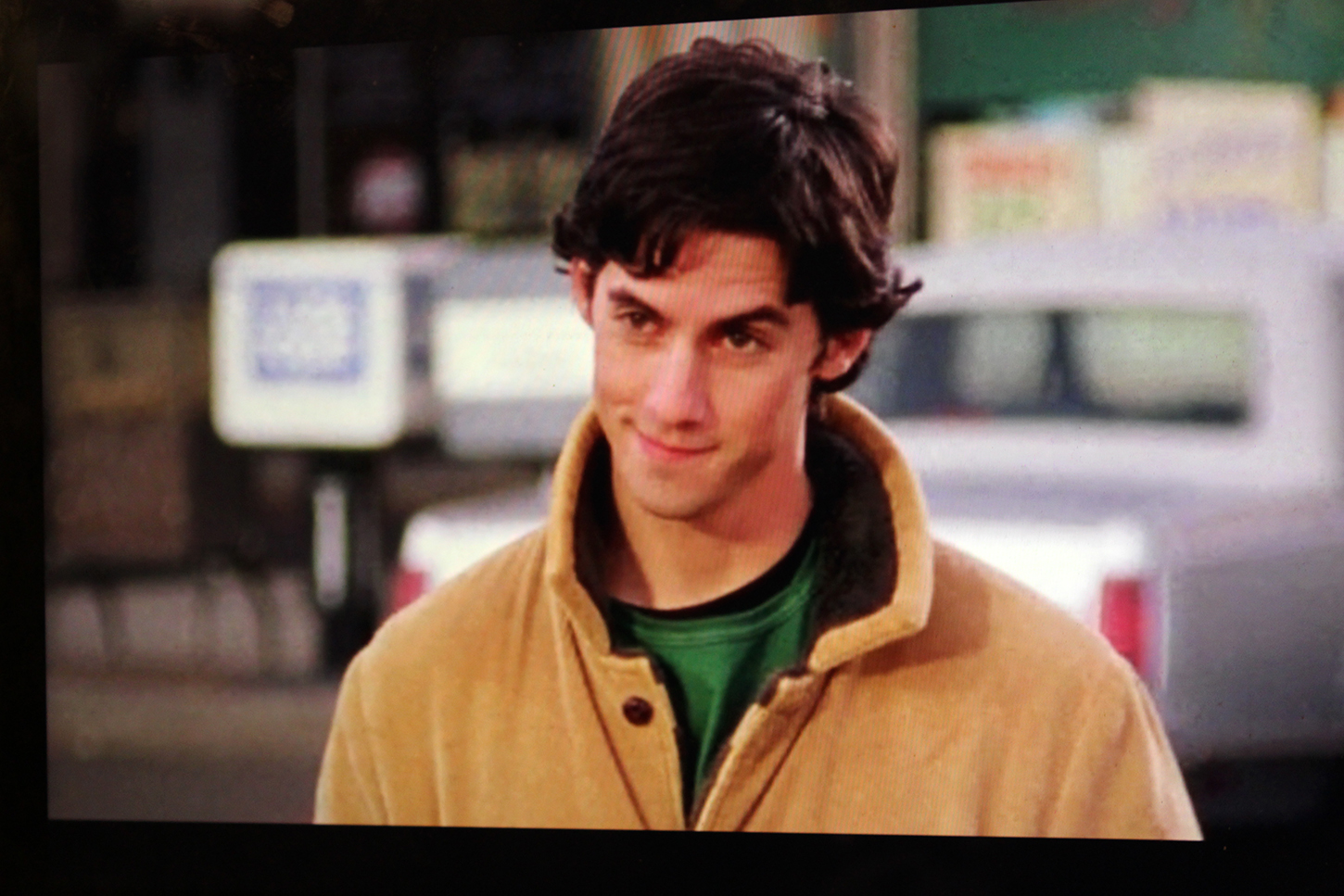Here’s something you might not know about the 1920s jazz era — weed was at the forefront of it. Black musicians, like Louis Armstrong, attributed their ability to experiment and create slow improvisations to the devil’s lettuce. Then, 10 years later, the American government began villainizing the drug.
There’s more to learn about every topic in the universe, from the addictive issues of social media, to how octopus catch their food, to the literal study of black holes. It feels like there’s no time for a plebeian like myself to learn it all.
Enter Netflix and other streaming services, as well as the growing interest in documentaries.
I’m not sure I’ve ever fully appreciated the resources I have today for entertainment and education. And especially in the case of documentaries, they can provide both. So what’s not to love?
I have come to the conclusion that we are underappreciating documentaries as a whole. As they become more popular because of streaming services, I think it’s time to delve deeper into what they are and where they come from.
This nonfiction genre of the film world has been around for seemingly forever.
It all started in the 1800s when the Lumière brothers discovered photography and film. Their first films included no acting or storyline, only depictions of factory work or street traffic — hence the first “documentaries” were born.
A more curated version of nonfiction film appeared in the 1920s, when a filmmaker named Dziga Vertov portrayed daily Russian life and his own support for the Russian Revolution. This spearheaded the movement of propagandistic films.
Soon after, Adolf Hitler commissioned his own documentary of the Nazi Party called “Triumph of the Will.”
The United States also had its part in the history of documentaries during the World Wars, forming a unit solely to liaise with Hollywood. The 1930s saw American documentaries discuss climate issues across the country, such as flooding and the dust bowl.

Now, there are even mockumentaries, like Borat and The Office, which use the popularity of the documentary film style and channel it in a comedic fashion.
This is all to say that this underappreciated genre has seemingly been a huge part of our history.
Documentaries are spotlights on real-world topical interests as well. However, some may not be objectively accurate. After all, the highly trending “Plandemic” film that promoted anti-vaccination theories was also endorsed by QAnon — a group known for spreading conspiracy theories and with links to political violence.
One thing is for sure though — for better or for worse, documentaries have had a great sway in our culture. From “Tiger King” to “13th” and “The Secret World of Jeffree Star,” we have learned that it’s not such a bad genre to sit down and watch in our free time.
It’s interesting to see how documentaries have evolved throughout history. In the future, it’s even possible that they may have a greater impact on the world as we stray away from reading books and pay more attention to a TV screen.
According to Parrot Analytics, demand for documentaries has increased 142%, while production has increased 63%, making it the fastest growing streaming genre in 2020.
They are practically time capsules, reflective of contemporary common sentiment. They are pieces of history preserved for future generations, like layers of sediment on a riverbank.
There is much to enjoy about documentaries in their purest form. In essence, no matter how done up they are, documentaries have not changed much from the films produced by the Lumière brothers in that they are mediums that reflect the world around us.
So the next time you’re browsing on Netflix and trying to figure out what to watch — enjoy the vast options that lie in front of you and consider the humble beauty of the documentary. What will you learn today?

























































































































